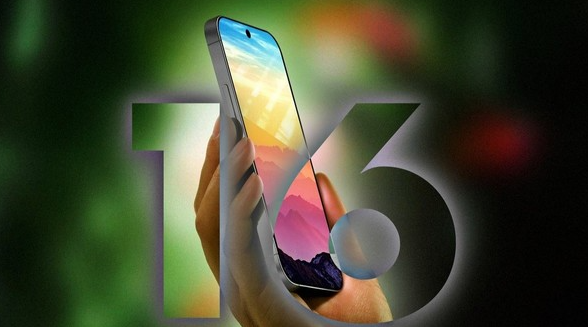
According to news on May 8, the recent release of the new iPad Pro has attracted widespread attention. The most eye-catching highlight is its use of Tandem OLED technology, a double-layer tandem OLED screen, which is known as the "iPad Pro." A great initiative." However, many Apple fans are concerned about whether future new iPhones will use this technology. The answer currently seems to be no, at least not for the time being.

As the data editor learned, a blogger revealed that according to news from Apple’s panel supply chain, the iPhone will not use a double-layer series OLED screen for the time being. The reason is that this screen configuration causes the iPad Pro price to increase by 32% and the cost increases significantly. Until Apple fails to effectively reduce the cost of dual-layer tandem OLED screens, it is unlikely that new iPhones will rush to apply this technology. In addition, the difficulty of storage in screen technology applications between mobile phones and tablets may also be one of the hindering factors.
In this field, domestic manufacturers have made significant progress in this field. The Magic6 RSR Porsche Design Honor laminated Oasis eye protection screen, released in March this year for the first time in the world, has achieved industry leadership in six core indicators in screen technology. This screen uses a double-layer OLED architecture. Compared with traditional single-emitting layer OLED, the current is smaller and the aging speed is slower at the same brightness, thereby increasing the screen life to 6 times, effectively solving the "burn-in" problem of OLED screens. "Screen" problem, ensure that under normal use, the screen brightness attenuation rate is less than 1% within 3 years.

The outstanding performance of the Honor Oasis eye protection screen has undoubtedly set a new benchmark for the development of OLED screen technology. Although the iPhone will not use dual-layer tandem OLED technology for the time being, with the continuous advancement of technology and the gradual reduction of costs, this technology may still be widely used in more consumer electronics products in the future.
The above is the detailed content of The new iPhone will not use dual-layer OLED for the time being because cost and technical difficulty are obstacles. For more information, please follow other related articles on the PHP Chinese website!




